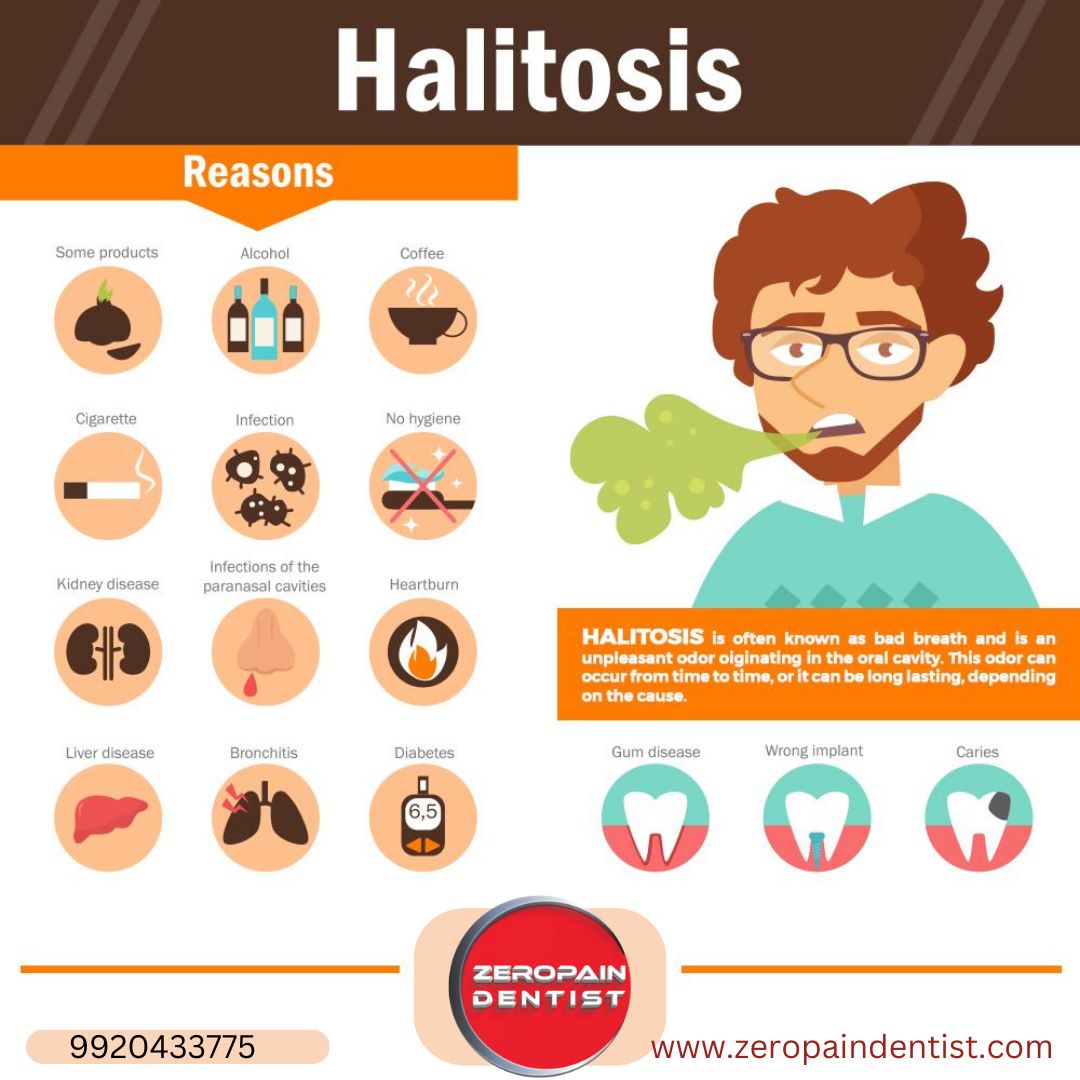What Is An Hangover?
A hangover refers to the unpleasant set of symptoms that occur after consuming excessive amounts of alcohol. It typically includes a combination of physical and mental effects. While the severity and duration of hangovers can vary from person to person, they generally occur within a few hours after drinking and can last up to 24 hours.
 Types of hangovers are not commonly classified separately, as the symptoms experienced can be similar across individuals. However, the intensity and specific symptoms may differ depending on various factors, such as the amount of alcohol consumed, individual tolerance, hydration levels, and overall health.
Types of hangovers are not commonly classified separately, as the symptoms experienced can be similar across individuals. However, the intensity and specific symptoms may differ depending on various factors, such as the amount of alcohol consumed, individual tolerance, hydration levels, and overall health.
Causes Of Hangovers
The causes of hangovers are multi-faceted and can include:
1. Alcohol’s diuretic effect: Alcohol increases urine production, leading to dehydration, which can contribute to many hangover symptoms.
2. Inflammation and immune response: Alcohol can induce inflammation in various body systems, triggering an immune response that can result in symptoms like headaches, muscle aches, and fatigue.
3. Disruption of sleep patterns: Alcohol can disrupt normal sleep patterns, leading to poor-quality sleep or insufficient rest, which can contribute to fatigue and grogginess.
4. Acetaldehyde buildup: Alcohol is metabolized in the body into acetaldehyde, a toxic compound that can cause nausea, vomiting, and other uncomfortable symptoms.
Effects Of Hangovers
The effects of a hangover can include :
1. Fatigue and weakness: Alcohol consumption can lead to fatigue and a general feeling of low energy.
2. Headache: One of the most common hangover symptoms is a throbbing headache, which can be attributed to factors such as dehydration, inflammation, or changes in blood vessel function.
3. Nausea and stomach discomfort: Alcohol irritates the lining of the stomach and can cause nausea, vomiting, and stomach pain.
4. Dehydration: Alcohol has a diuretic effect, leading to increased urine production and fluid loss, which can result in dehydration and related symptoms like dry mouth, dizziness, and thirst.
5. Gastrointestinal disturbances: Hangovers may involve digestive issues such as diarrhea, indigestion, or an upset stomach.
6. Sensitivity to light and sound: Hangovers can make individuals more sensitive to light and sound, resulting in increased discomfort and irritability.
Prevention Of Hangovers
Prevention is key when it comes to managing hangovers. While avoiding alcohol altogether is the most effective way to prevent hangovers, if you choose to drink, there are some strategies that may help:
1. Moderate alcohol consumption: Limit your alcohol intake and pace yourself while drinking. Avoid binge drinking, as this increases the likelihood and severity of hangovers.
2. Stay hydrated: Drink plenty of water before, during, and after consuming alcohol to minimize dehydration.
3. Eat before drinking: Having a meal rich in carbohydrates, healthy fats, and protein before drinking can slow down alcohol absorption.
4. Avoid mixing alcohol and medications: Certain medications, even over-the-counter ones, can interact negatively with alcohol, intensifying hangover symptoms. Consult with your healthcare provider or pharmacist about the compatibility of your medications with alcohol.
5. Get enough sleep: Prioritize a good night’s sleep after drinking to support your body’s recovery and reduce the severity of hangover symptoms.
6. Consider alternate drinks: Opt for non-alcoholic beverages, such as water or mocktails, to stay hydrated and reduce alcohol consumption.
It is vital to remember that the best way to fully prevent hangovers is to drink alcohol responsibly or choose not to drink at all. If you consistently experience severe hangovers or struggle with alcohol dependency, it is important to place an order on our solution pack for immediate treatment.



